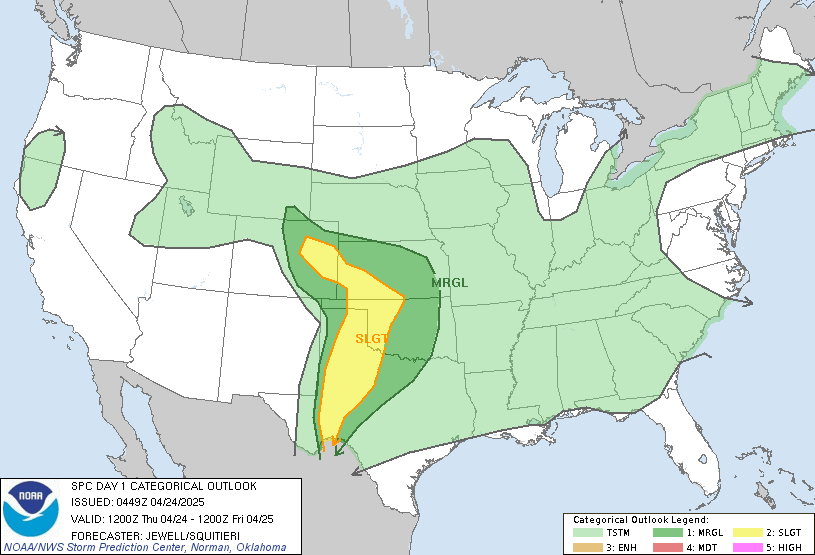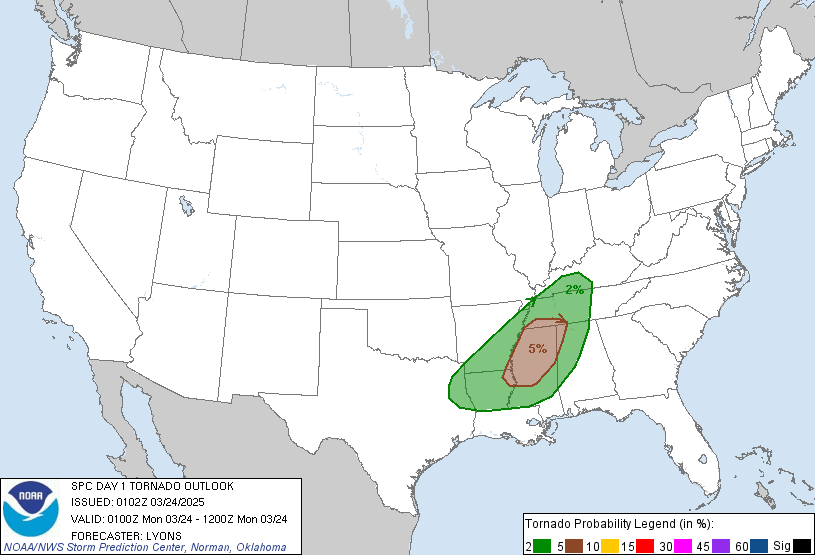
SUMMARY OF 400 PM CDT
LOCATION…19.5N 86.0W
ABOUT 90 MI…145 KM SE OF COZUMEL MEXICO
MAXIMUM SUSTAINED WINDS…80 MPH…130 KM/H
PRESENT MOVEMENT…NW OR 305 DEGREES AT 10 MPH…17 KM/H
MINIMUM CENTRAL PRESSURE…981 MB…28.97 INCHES
FORECAST POSITIONS AND MAX WINDS
INIT 26/2100Z 19.5N 86.0W 70 KT 80 MPH
12H 27/0600Z 20.5N 87.7W 75 KT 85 MPH
24H 27/1800Z 22.1N 89.9W 65 KT 75 MPH
36H 28/0600Z 24.2N 91.4W 70 KT 80 MPH
48H 28/1800Z 26.8N 91.4W 70 KT 80 MPH
60H 29/0600Z 30.8N 88.9W 60 KT 70 MPH…INLAND
72H 29/1800Z 35.0N 83.5W 30 KT 35 MPH…INLAND
96H 30/1800Z 42.0N 68.0W 35 KT 40 MPH…POST-TROP/EXTRATROP
120H 31/1800Z…DISSIPATED
KEY MESSAGES
1. Hurricane conditions and dangerous storm surge are expected in portions of the northern Yucatan Peninsula of Mexico this evening through early Tuesday. Through Tuesday, heavy rainfall is expected across the Yucatan Peninsula, the Cayman Islands, and central to western Cuba, which could lead to flash flooding in urban areas.
2. Hurricane conditions and life-threatening storm surge are possible along portions of the northern Gulf Coast on Wednesday, and Storm Surge and Hurricane Watches are in effect. Residents in the watch areas should follow any advice given by local officials.
3. Between Tuesday night and Thursday, heavy rainfall is expected from portions of the central Gulf Coast into the southern Appalachians and Mid-Atlantic States near and in advance of Zeta. This rainfall will lead to flash, urban, small stream, and minor river flooding.
DISCUSSION AND OUTLOOK
At 400 PM CDT (2100 UTC), the center of Hurricane Zeta was located near latitude 19.5 North, longitude 86.0 West. Zeta is moving toward the northwest near 10 mph (17 km/h). A northwestward motion with some increase in forward speed is expected over the next day or so, followed by a turn toward the north Tuesday night. A faster northward to north-northeastward motion is forecast on Wednesday. On the forecast track, the center of Zeta will move over the northern Yucatan Peninsula later today or tonight, move over the southern Gulf of Mexico on Tuesday, and approach the northern Gulf Coast in the watch area on Wednesday.
Maximum sustained winds are near 80 mph (130 km/h) with higher gusts. Some additional strengthening is possible before Zeta makes landfall in the Yucatan Peninsula. Some weakening is likely while Zeta moves over the Yucatan Peninsula late tonight and early Tuesday. Zeta is forecast to strengthen again when it moves over the southern Gulf of Mexico later on Tuesday and be at or near hurricane strength when it approaches the northern Gulf Coast on Wednesday.
Hurricane-force winds extend outward up to 25 miles (35 km) from the center and tropical-storm-force winds extend outward up to 115 miles (185 km).
The estimated minimum central pressure is 981 mb (28.97 inches).
HAZARDS AFFECTING LAND
STORM SURGE: A dangerous storm surge will raise water levels by as much as 2 to 4 feet above normal tide levels along the immediate coast in the Hurricane Warning area near and to the north of where the center makes landfall in the Yucatan Peninsula.

The combination of a dangerous storm surge and the tide will cause normally dry areas near the coast to be flooded by rising waters moving inland from the shoreline. The water could reach the following heights above ground somewhere in the indicated areas if the peak surge occurs at the time of high tide…
Port Fourchon LA to Dauphin Island AL including Lake Borgne…4-6 ft
Intracoastal City LA to Port Fourchon LA including Vermilion Bay…2-4 ft
Dauphin Island AL to Navarre FL including Mobile Bay and Pensacola Bay…2-4 ft
Lake Pontchartrain…2-4 ft
Navarre FL to Yankeetown FL including Choctawhatchee Bay and Saint Andrew Bay…1-3 ft
The deepest water will occur along the immediate coast near and to the right of the landfall location, where the surge will be accompanied by large and dangerous waves. Surge-related flooding depends on the relative timing of the surge and the tidal cycle, and can vary greatly over short distances. For information specific to your area, please see products issued by your local National Weather Service forecast office.
RAINFALL: Rainfall totals of 4 to 8 inches with local amounts of 12 inches are possible through Tuesday along and east-northeast of Zetas track across the Yucatan Peninsula of Mexico, the Cayman Islands, and central to western Cuba.

An initial area of heavy rains will begin to impact the central Gulf Coast Tuesday night, spreading north into the Tennessee Valley on Wednesday. The core of the heavy rains associated with Zeta will push northeast from eastern Louisiana across southern Mississippi,Alabama and northern Georgia through Wednesday night, and through the southern Appalachians into the Mid-Atlantic on Thursday. Rainfall totals of 2 to 4 inches with isolated amounts of 6 inches are expected across these areas, resulting in flash, urban, small stream, and minor river flooding.
WIND: Hurricane conditions are expected within the Hurricane Warning area in the Yucatan Peninsula this evening. Tropical storm conditions are expected within the Tropical Storm Warning area in Mexico this evening.

Hurricane conditions are possible within the Hurricane Watch area on the northern Gulf Coast late Wednesday, and tropical storm conditions are possible within the Tropical Storm Watch area on the northern Gulf Coast late Wednesday.
TECHNICAL DISCUSSION
The cloud pattern of Zeta became better organized today, with deep convection forming over and around the center and some banding features developing. The Air Force Reserve Hurricane Hunters recently found surface winds to near 70 kt over the inner northeastern quadrant of the circulation and a central pressure of around 981 mb, signifying that the system had become a hurricane. Given the increased organization over very warm waters, some additional strengthening is possible before the center crosses the east coast of the Yucatan Peninsula this evening. Some weakening should occur while Zeta interacts with land tonight and early Tuesday. Once the center moves into the southern Gulf of Mexico tomorrow, atmospheric and oceanic conditions are conducive for some re-strengthening. When Zeta moves over the northern Gulf of Mexico later on Wednesday, cooler shelf waters and some increase in southwesterly shear should halt the intensification process, with some weakening possible by the time the center reaches the northern Gulf Coast, but Zeta is still expected to be at or near hurricane intensity at landfall. The NHC intensity forecast is similar to the previous one and is near or above the model consensus.
The hurricane continues to move on a generally northwestward track, or at about 305/10 kt. There are basically no changes to the track forecast reasoning, or to the forecast itself. For the next couple of days, Zeta should move around the southwestern and western periphery of a mid-level high pressure area centered just east of Florida. Thereafter, a shortwave trough approaching from the west is likely to cause the cyclone to accelerate north-northeastward to northeastward and move over the southeastern and eastern United States. The system should move off the northeast U.S. coast and become an extratropical cyclone within the next 4 days. The guidance has come into better agreement since yesterday, and the official track forecast is very close to the corrected model consensus, HCCA.
Storm Surge, Hurricane, and Tropical Storm Watches have been issued for a portion of the northern U.S. Gulf Coast.

